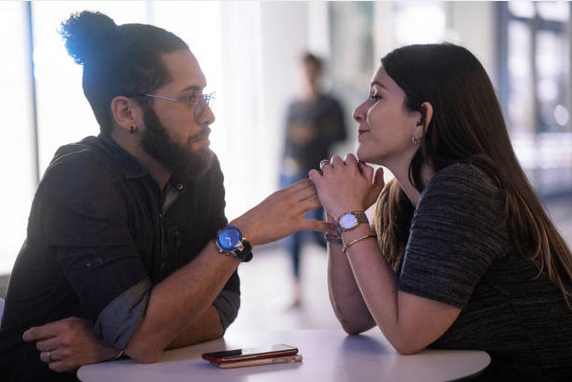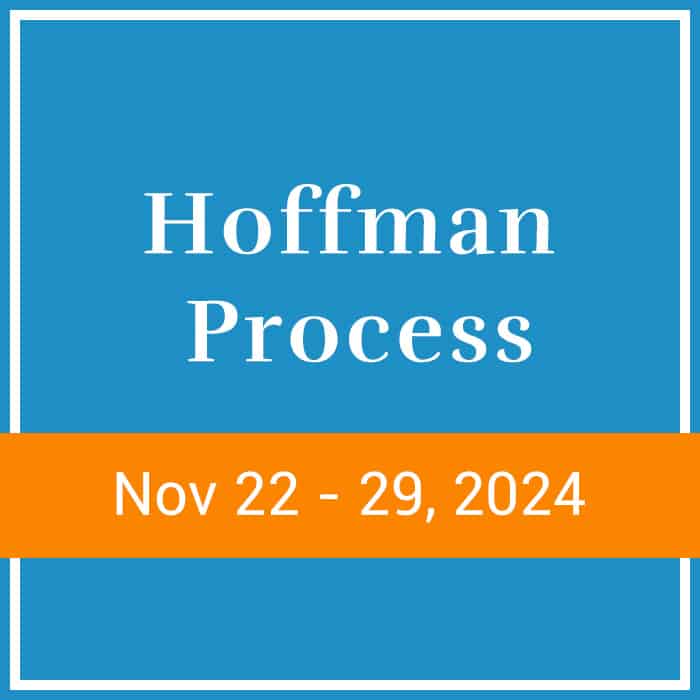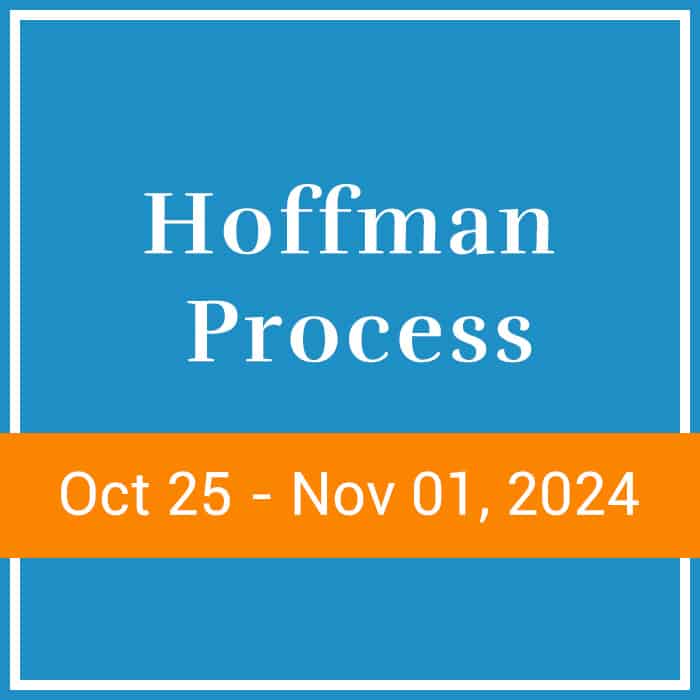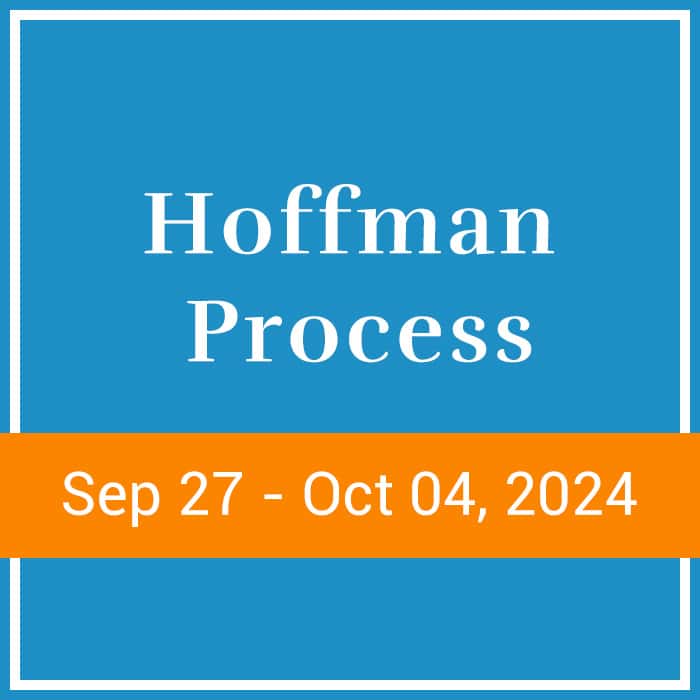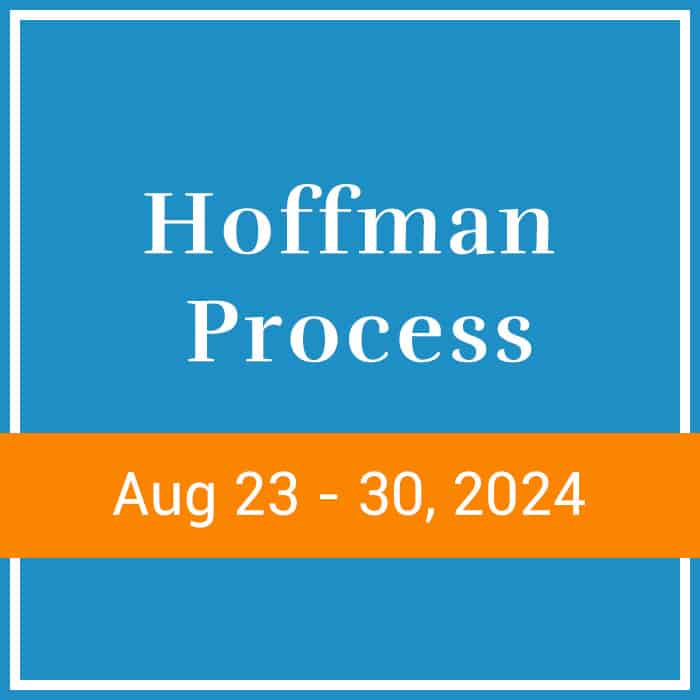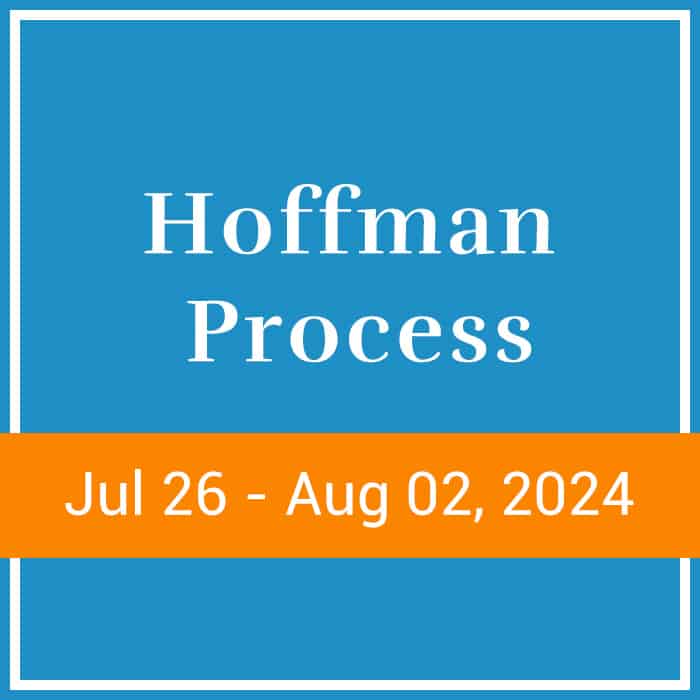According to the Greater Good Science Center at the University of California, Berkeley, the act of giving activates key reward pathways in our brains, but there’s a catch. If gift-giving causes stress and anxiety, especially around the holidays, it may do more harm than good. As the holiday season approaches, it’s crucial to explore unconventional approaches to gift giving, ones that bring genuine satisfaction and foster emotional well-being. With strategies taught in the Hoffman Process, this article delves into mindful gift-giving, the benefits of generosity, and unique alternatives to traditional presents.
The Challenge of Holiday Stress
The joy of gift-giving can be overshadowed by the stress of societal expectations, particularly during the holidays. Families often find themselves overspending, leading to financial stress that lasts well into the new year. However, the art of attuning oneself to the desires of our loved ones, coupled with the joy of thoughtful gift-giving, remains immensely satisfying.
Stress-Free Alternatives to Tangible Gifts
As a parent, the greatest gift that a child can give is to be happy, independent, able to follow their own interests, and have satisfying relationships. There is no time limit, either; whether the child is a toddler, a teenager, or a grown adult, watching a child grow into a well-adjusted individual is precious. Even better is when they are able and willing to express their love to their parent and acknowledge that the parents tried their best, even if they failed at times.
During the Hoffman Process, participants have the opportunity to travel back in time to heal their childhood wounds and acknowledge their parents and caregivers as the flawed human beings they are. In addition to cultivating compassion towards them, participants also learn to recognize and express all the pent-up emotions holding them back from becoming the people they wish to be. But the gift of this recognition is not for the parents or caregivers not in the room; it’s for the child within each participant because in doing this work, they can finally move forward in their lives.
Inspired by what is learned during the Process, here are some stress-free alternatives to tangible gifts you can give yourself and the people around you this holiday season:
The Gift of Forgiveness
When we are stuck in ‘victim consciousness’ we can only see our own hurt and we tend to live in the ‘hurtful’ past. During the Hoffman Process, participants have a chance to see unhealed wounds from another perspective and to recognize how their parents also suffered when they were small. This understanding enables participants to come to a new level of acceptance of the pain that has been passed down through the generations, opening the door to forgiveness. This gift not only liberates us from the hurtful past but also enables us to engage with others with an open heart-center, embodying true mindfulness.
The Gift of Presence
Most people engage in conversations/meetings with a mindset of ‘already -always-thinking’. Their own personal agendas occupy their brainwaves. The Hoffman Process allows participants to cultivate self-love. When they find this, they are no longer driven to manipulate others to give them love, recognition etc. They can experience ‘free attention’ while letting go of their own ‘fixed attention’. Offering and receiving this kind of attention leads to more authentic connections.
The Gift of Acceptance
Holidays can trigger emotional stress, especially for those with dysfunctional family dynamics. The Hoffman Process teaches the importance of regulating our own emotional responses, managing expectations, and fostering healthy communication for a more accepting and harmonious holiday season. Amid holiday stress, practising gratitude and self-appreciation can also be a beneficial daily gift, reminding us of what we have and what we value. Simple exercises in acknowledging the good things can shift our perspective and elevate our emotional well-being.
The Gift of Something New
Breaking away from dysfunctional family traditions can be challenging but rewarding. Creating new traditions and enforcing new boundaries can significantly reduce holiday stress. Being the first to embrace change positions us as leaders, bringing fresh and authentic interactions. But it’s also important to recognize that maintaining a healthy family hierarchy ensures respect for each member’s place, fostering a balance between giving and taking. While standing against harmful behaviours is essential, separating behaviours from a person’s role in the family preserves a sense of belonging, which is why you should not make quick decisions when it comes to excluding certain family members due to personal differences. Otherwise, you send the message that nobody is safe here because they can be cast out at any time.
As you navigate the holiday season, remember that the true spirit of giving is mindful and beneficial to both the giver and receiver. If you haven’t completed the Process yet, view upcoming dates here. If you have completed the Process, learn about our five-day retreat for graduates.
This article was contributed by Erica Garza. Follow @ericadgarza on Instagram.
References:




